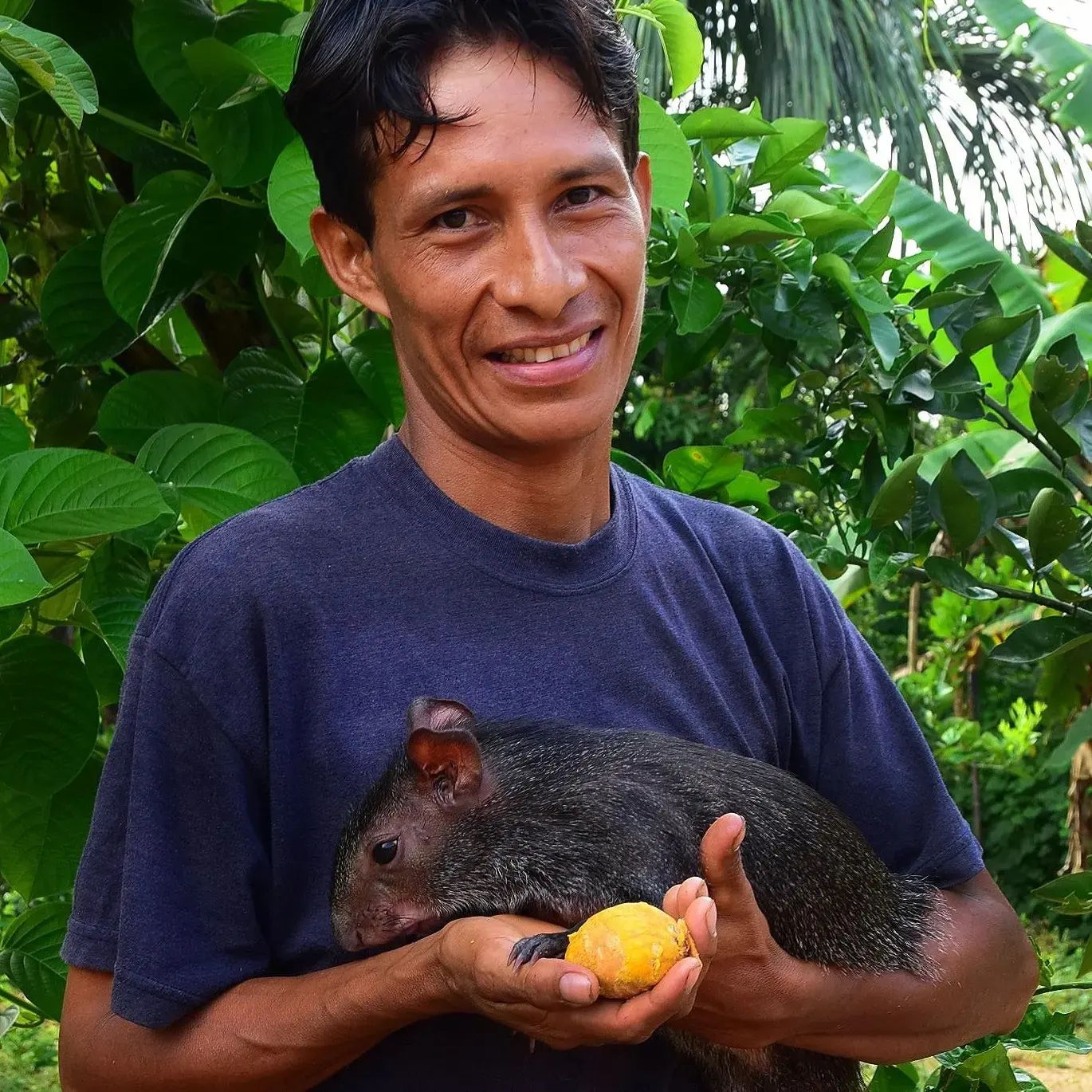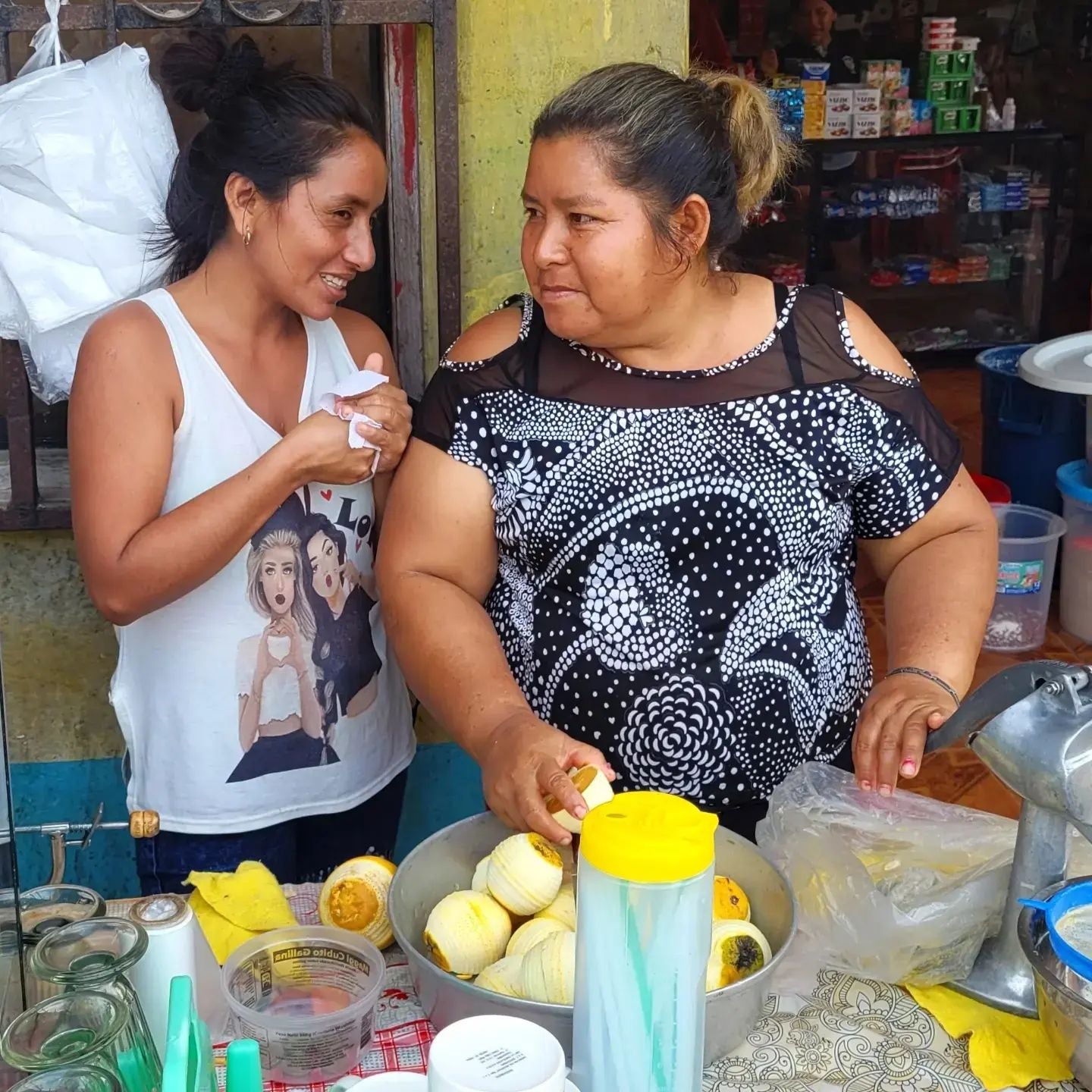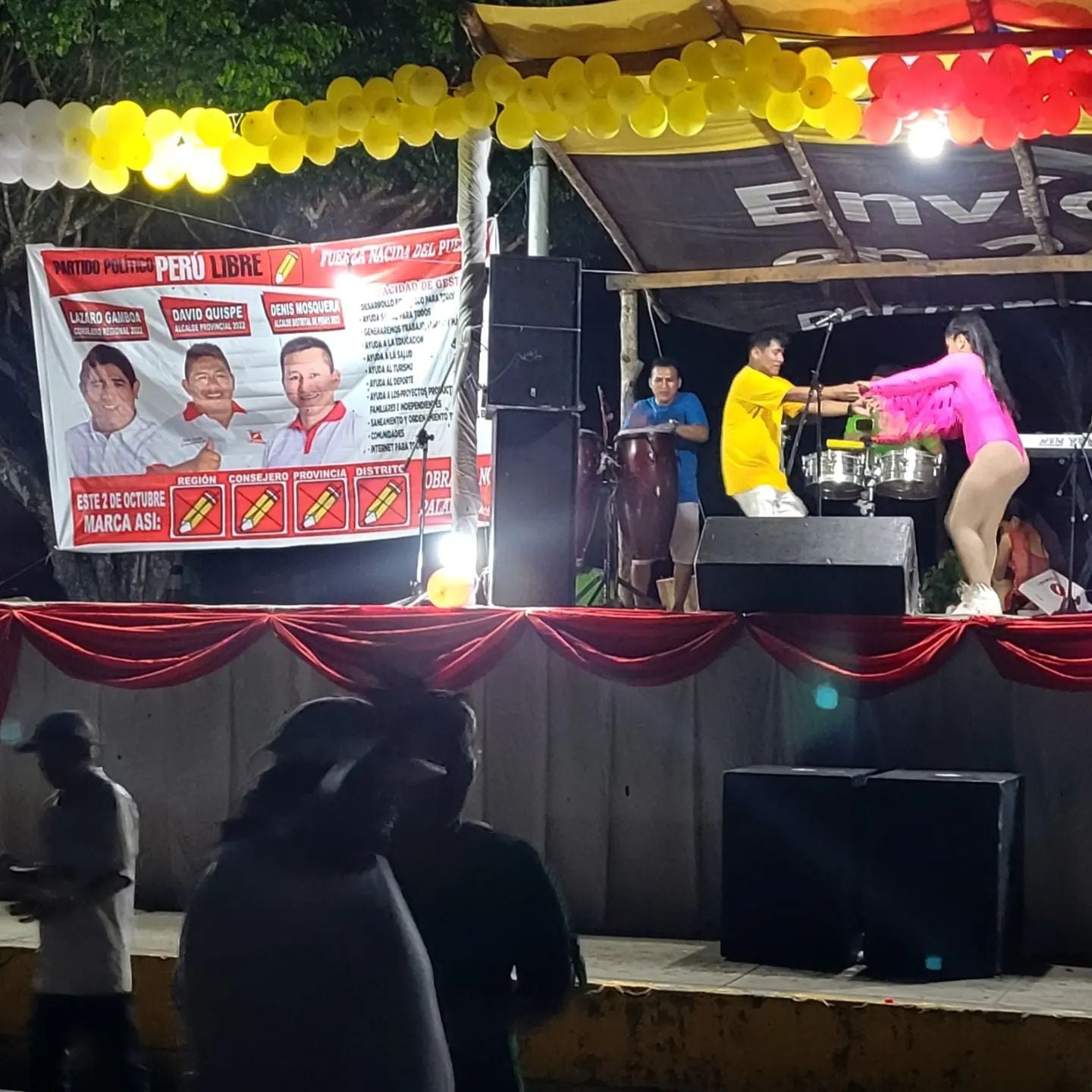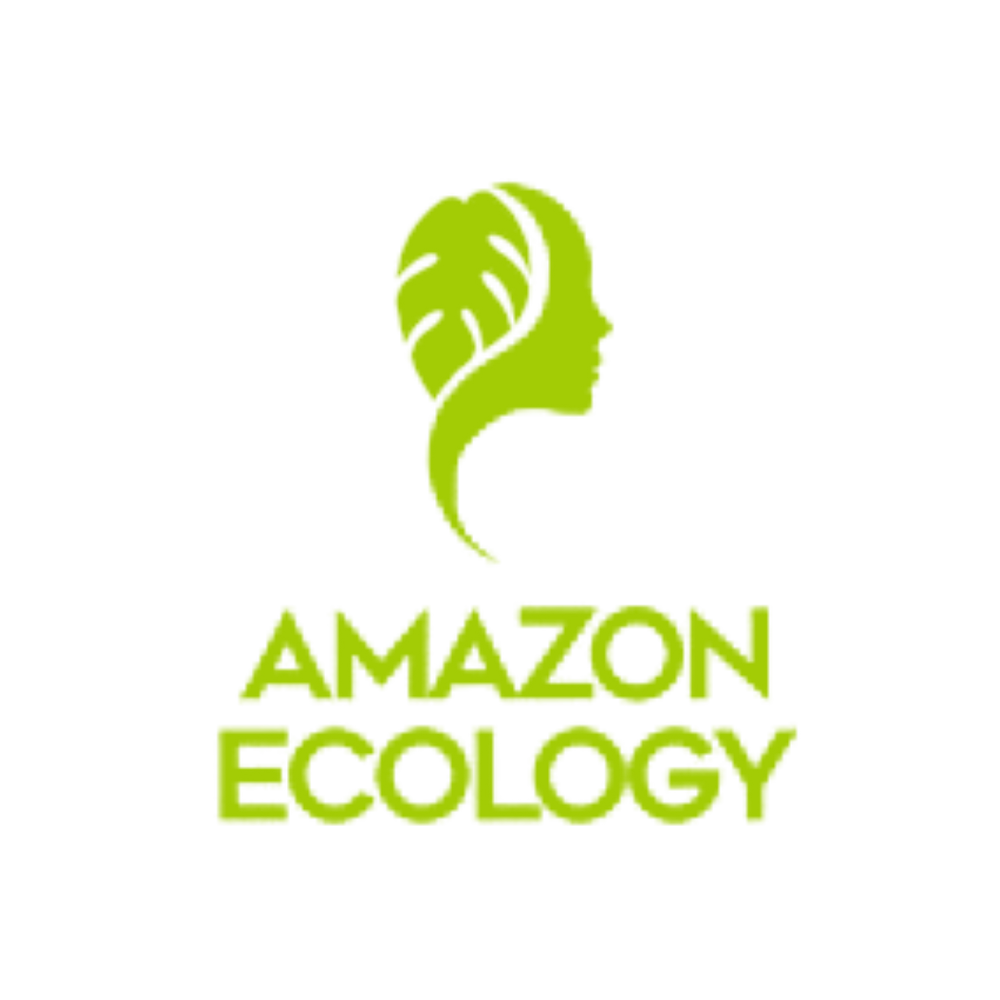By Campbell Plowden
September 23, 2022
Like many men from his village of San Francisco on the Marañon River, Pablo grew up hunting. He enjoyed going into the forest and bringing back a paca or peccary for food and selling game meat to support his family. In his late 20’s, though, he had to go farther and farther to find game animals and often came back with nothing.

Pablo's mother-in-law Elisa was weaving placemats with chambira palm fiber and sold them to tourists at the Sapi Sapi market in Nauta. He watched her intently and then helped her make them. Soon, he began weaving caiman figures. Elisa easily sold these at the market too.

Pablo didn’t like the way the feet of his fiber-only caiman flopped out so he started using wire to create a natural bend in their knees.

A year later, artisans from San Francisco convinced the Delfin company to bring tourists to their village to shop for crafts en route to Pacaya Samiria park. The deal was well timed since the artisans from Nauta started charging artisans from other communities a fee to sell their crafts in the Sapi Sapi market.

Pablo had steadily improved his caimans, but he saw other artisans were selling more birds and butterflies. The people who made the best ones, though, did not want to teach others because they felt that doing so would reduce their sales. So, Pablo again developed his own techniques to make these critters.

Craft sales in the community kept improving after the non-profit Minga Peru arranged for boats from the high-end Lindblad Explorer to also visit them.
Pablo appreciates that when Amazon Eology started working with the artisans in his community, he started to improve the quality of his crafts even more. Looking at birds photos from multiple angles helped him replicate the colors and shapes of specific birds and feedback from our staff helped him improve small details. He has enjoyed becoming an artisan facilitator since he has always been open to sharing what he has learned with others.
We are now heading up to the Ampiyacu to do more workshops. It's a great pleasure to travel with Pablo who is so talented as well as humble, patient and positive.




